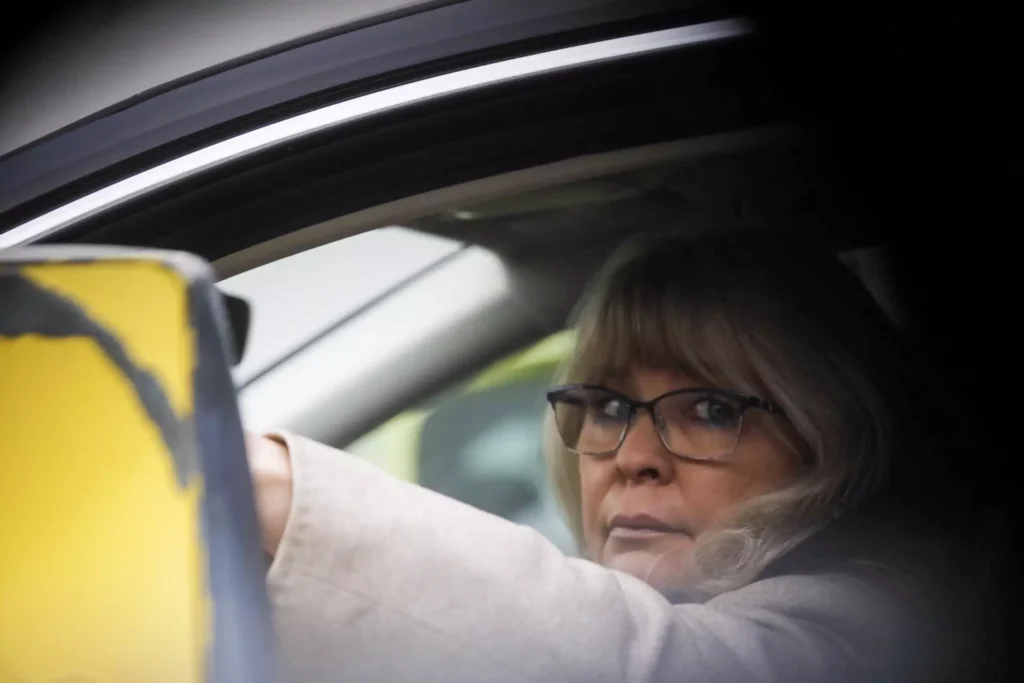The appeal against the conviction of the President of the Slovenian Democratic Party (Slovenska demokratska stranka – SDS), Janez Janša, who in November was fined 8,000 euros on account of a lawsuit filed by the former Director of the Slovenian Press Agency (STA), Bojan Veselinovič, was due to be heard on Tuesday at the Celje Higher Court, but the hearing was cancelled due to a request by the defence to disqualify the chairman of the chamber.
Franci Matoz, the defence lawyer of Janez Janša, the leader of the largest opposition party, had submitted a request to disqualify the judge, Barbara Žumer Kunc, before Tuesday’s session. The judge in question was already the President of the panel when Janša was sentenced to a suspended prison sentence as a result of a lawsuit filed by journalists Eugenia Carl and Mojca Šetinc Pašek, and the defence believes that this is the reason why she cannot rule impartially in the Veselinovič case.
According to the Slovenian Press Agency, “Since the President of the panel of senior judges, Branko Aubreht, in his capacity as president of the Celje Higher Court, rejected Matoz’s request as unfounded before today’s hearing,” Matoz requested that Aubreht be removed from the panel. The session was postponed indefinitely for this reason, and it will be up to the Supreme Court to decide whether or not to disqualify the judge in question.
According to Matoz, the decision of the Higher Court on the request for the disqualification of Judge Žumer Kunc showed that “Aubreht was uncritical in his assessment of the facts presented by the defence and followed the judge’s statement in its entirety”.
The plaintiff’s lawyer, Gorazd Fišer, disagreed with the defence’s request, arguing that the defence “had enough time to file a motion for disqualification before today’s hearing, as the composition of the Chamber was known more than a month ago already.” The fact that the President of the Higher Court is also the President of the panel cannot, in his view, constitute a reason for disqualification, since “the two roles are not incompatible.”
Last November, Janša was convicted by a panel of judges of the Celje Higher Court, headed by judge Leonida Jager, for the “crime of defamation,” which Veselinovič accused him of committing on account of one of Janša’s posts on the social network X. The tweet that Veselinovič found controversial read: “It is unbelievable for the European Union in the 21st century that a collaborator in the murder of a journalist is still running the Slovenian Press Agency and is receiving 8,500 euros a month for it. More than the President of the Republic.” With this statement, he allegedly insulted Veselinovič, the then-Director of the Press Agency, by accusing him of being complicit in the death of journalist Bojan Meško. “It is obvious from the above that Veselinovič used all possible forms of bullying and pressure on me, he was willing to use any and all means to achieve his goal; he was prepared to do everything in his power to make me ‘voluntarily’ leave the post of editor-in-chief at the Agency as soon as possible,” wrote Meško, who lost his life more than a decade ago due to the consequences of a cruel illness.
Court stops criticism of state media directors
Veselinovič insisted that he was not aware of Meško’s serious illness at the time of his employment and at the time of his dismissal. The plaintiff requested that Janša be given a suspended prison sentence, which was not granted by the court, but instead, the court sentenced Janša to a fine of 8,000 euros. Explaining the reasons for the judgment, judge Jager pointed out, among other things, that “the office of the Prime Minister is one of the highest in the country, and therefore the Prime Minister must choose his words carefully, as they resonate and are believed by the people”. They found that his account was not true and that Janša had committed the offence intentionally and, in their opinion, was aware of the consequences.
“The verdict sends a message: directors of state-owned and state-funded media, who are set up by the left to then viciously attack the editors and journalists who are not ‘theirs’, should not be spoken about in a very critical way if those editors and journalists then die,” Peter Jančič, editor-in-chief of the Online Journal (Spletni časopis) reacted to the decision of the court in Celje at the time, while the current editor-in-chief of Planet TV, Uroš Urbanija, stressed that the truth could not be silenced. “This is a real shame. Veselinovič fired the terminally ill Meško for fabricated reasons, and before that, he carried out terrible mobbing against him. But he belongs to the “correct” political option, so his dirty deeds should not even be talked about. And yet, he will not silence the truth,” he wrote.
A. H.


